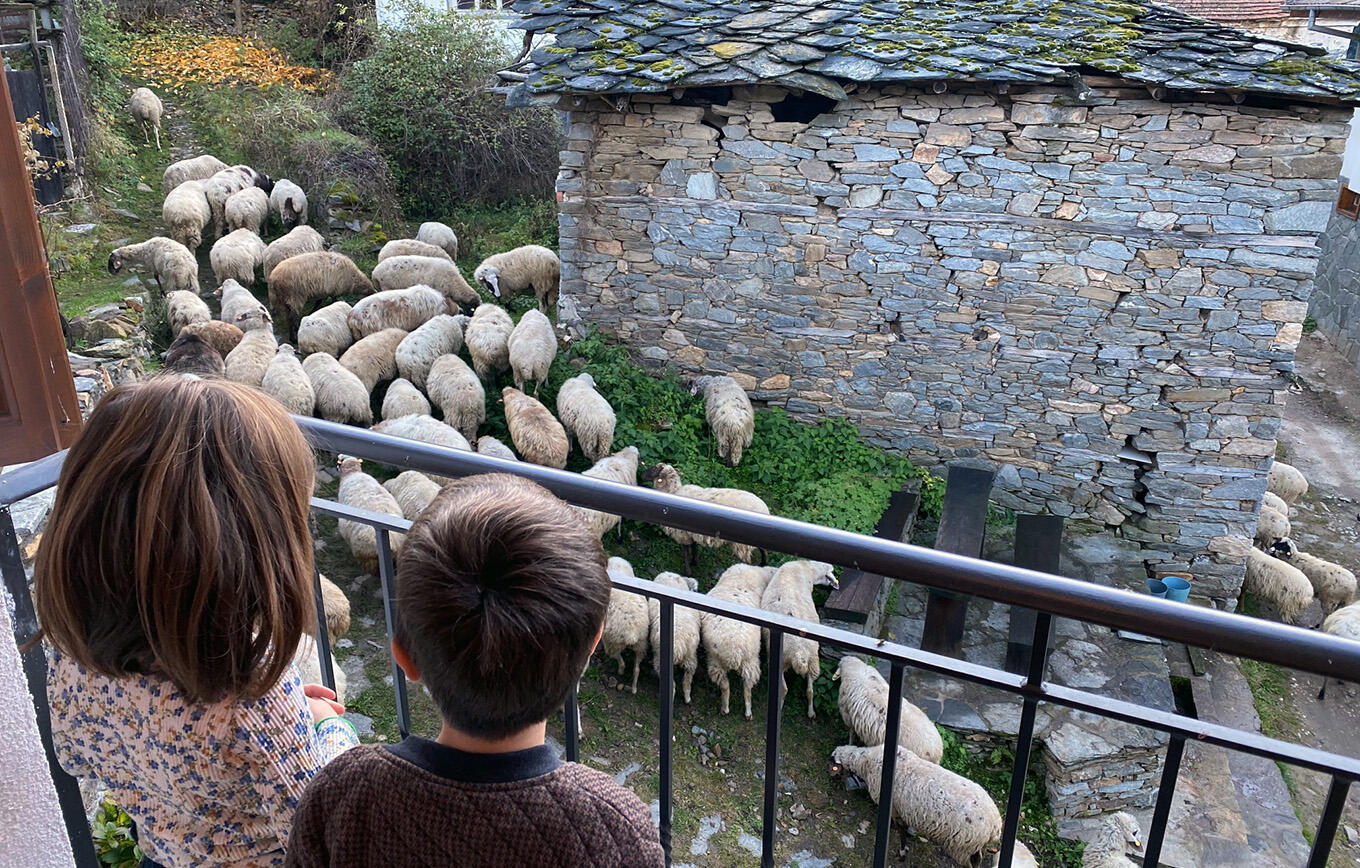SOFIA – While living abroad for more than two decades, Sava Savov, 43, remembered his home country of Bulgaria as “poor, corrupt, dangerous and bleak.” He and his wife had left during the difficult years of the 1990s to study in the United States. They eventually ended up in London, where Savov worked for a leading international law firm and his wife for an American tech giant.
For many years, Savov says, he was haunted by an “irrational” fear of coming back to Bulgaria, even though he could see that life was improving and friends were prospering there. But in March 2020, the Savovs returned to Bulgaria with their three children – and they are far from the only ones.
Though there is no reliable statistical data on the topic, hundreds of thousands of Bulgarians working abroad are believed to have returned home after the COVID-19 pandemic struck Europe early last year. While the vast majority work in manual labour and agriculture, and are likely to go abroad again, as many as 10% of the returnees want to stay for good, according to research by the European Council on Foreign Relations. This small percentage could make a big difference for the country’s shrinking population, which has dropped from 8.9 million in 1988 to 6.9 million today, and is projected to go as low as 5.8 million by 2050.
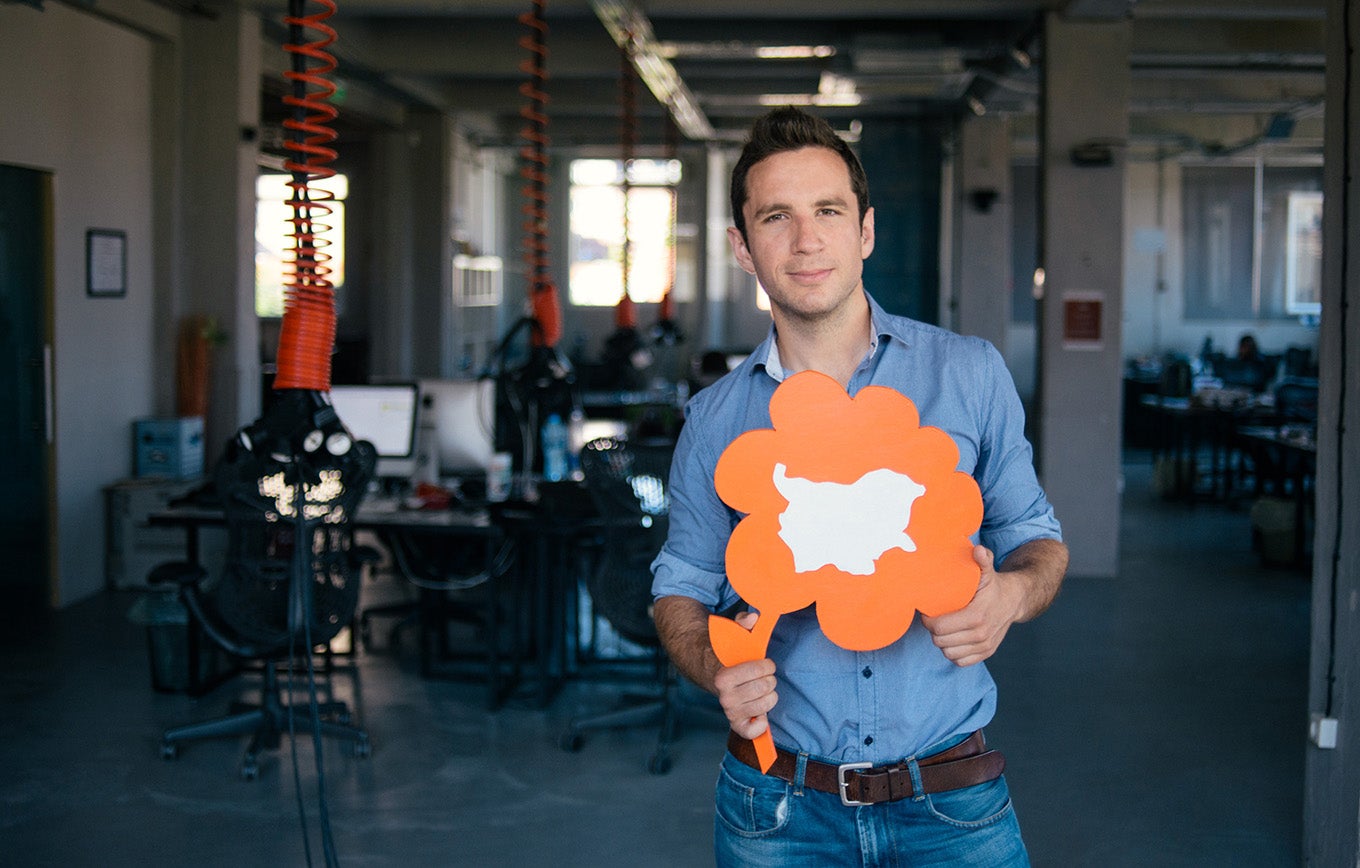
The return of professionals like the Savovs is a growing trend that has been accelerated by the pandemic, according to Hristo Boyadzhiev, 35. He runs Tuk-Tam (“Here-There”), a networking organization connecting diaspora Bulgarians with one another and with their homeland.
“This is Act One,” says Boyadzhiev, who studied in the US and lived in Berlin, Barcelona and London before returning to Sofia in 2018. “No one really knows how it is going to play out.”
Savov and his wife had decided in 2019 to come back to Bulgaria for a year or two and see what it was like. They were exhausted by life in London, where they were juggling three small kids and two high-powered jobs with no family support. The pandemic sped up their plans, in part by normalizing remote working – a concept Savov says law firms like his would never have entertained before. He says many of his friends in similar situations have also come back, or would like to if they could find the right job or retain their foreign employment.
Remote working solutions
Bulgarian returnee Paskal Zhelezov, 28, works for a new start-up, Omnipresent, that aims to make that easier. Founded in London in November 2019, the company facilitates remote employment by handling local compliance, payroll and taxes, and acting as an “employer of record.” If a Bulgarian working for a firm in the US or Western Europe wants to move back home, for example, Omnipresent would “hire” that person on behalf of their employer and take care of the logistics. The same model can be used by a foreign company to simplify the hiring of someone already in Bulgaria.
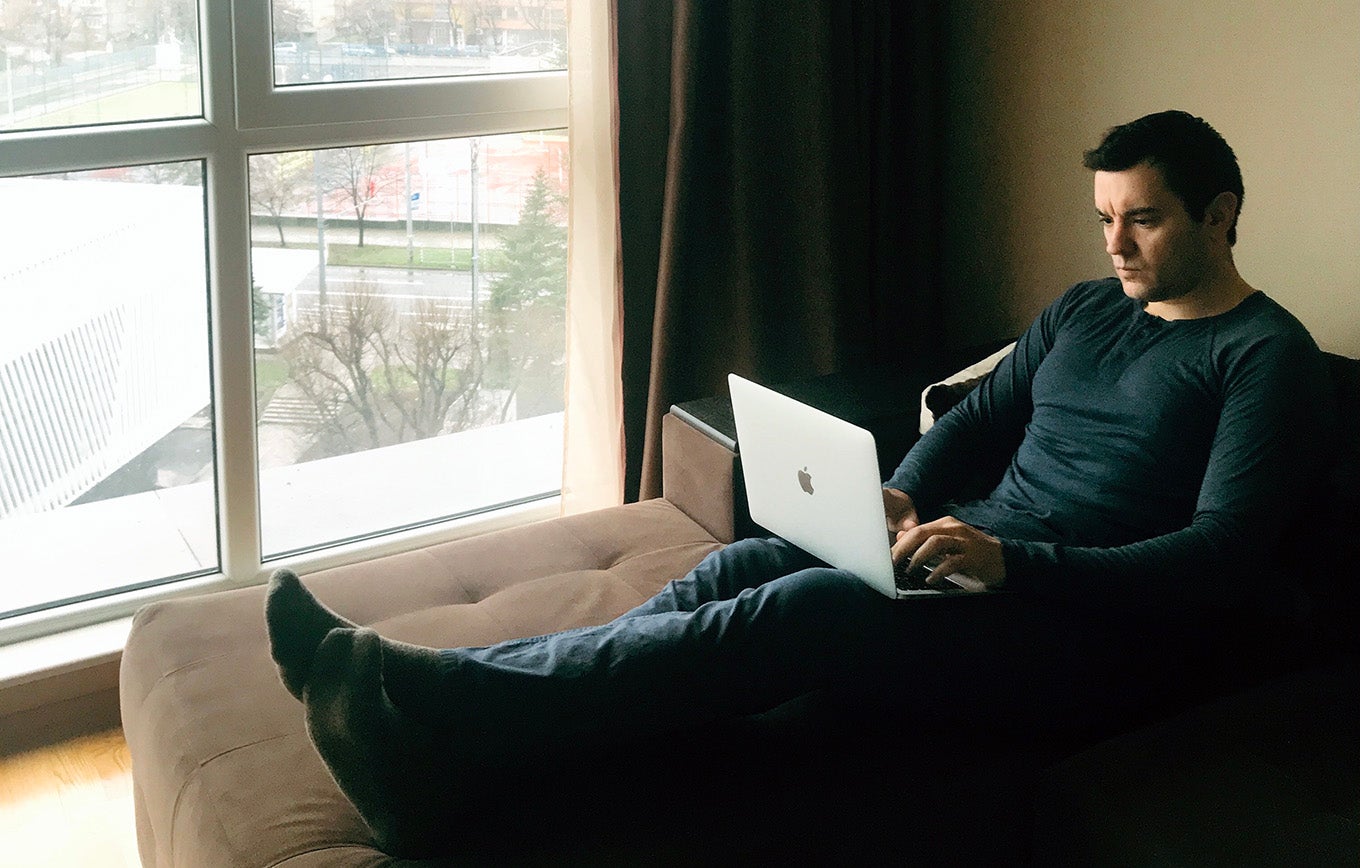
Zhelezov himself moved back to Bulgaria in May 2020 from the United States, where he had been living since his family won a green card lottery when he was 15. “If it were not for the pandemic, I probably would have stayed in California,” he says. Zhelezov now lives in Burgas, a Black Sea port city near his small hometown of Aytos, where he still has relatives.
Most returnees gravitate to Sofia and Bulgaria’s other big cities, Zhelezov says, but a significant proportion also return to smaller hometowns if they can work remotely. Corporate lawyer Savov and his family are currently living in the centre of Sofia, but building a house in the city’s outskirts. They have also restored a house belonging to his wife’s family in the picture-postcard village of Kosovo, located in the Rhodope mountains, an hour’s drive south of Plovdiv.
Challenges remain for rural areas
A few years ago, the village of Kosovo was dying, and its buildings falling down. Now, houses are being bought and restored and new ones are being built by families like Savov’s. What many may have expected to maintain as a second home has become a primary one during the pandemic, bringing more money and investments into these small villages.
But the lack of good schools and jobs in or near villages in more remote rural areas that have become dramatically depopulated means they may not reap a long-term benefit from returning Bulgarians. Villages and small towns close to Sofia, Plovdiv and a few other big cities, including those along the coast, are those best positioned to see a revival as people seek larger homes with access to open space that are still close to good schools, jobs and urban amenities.
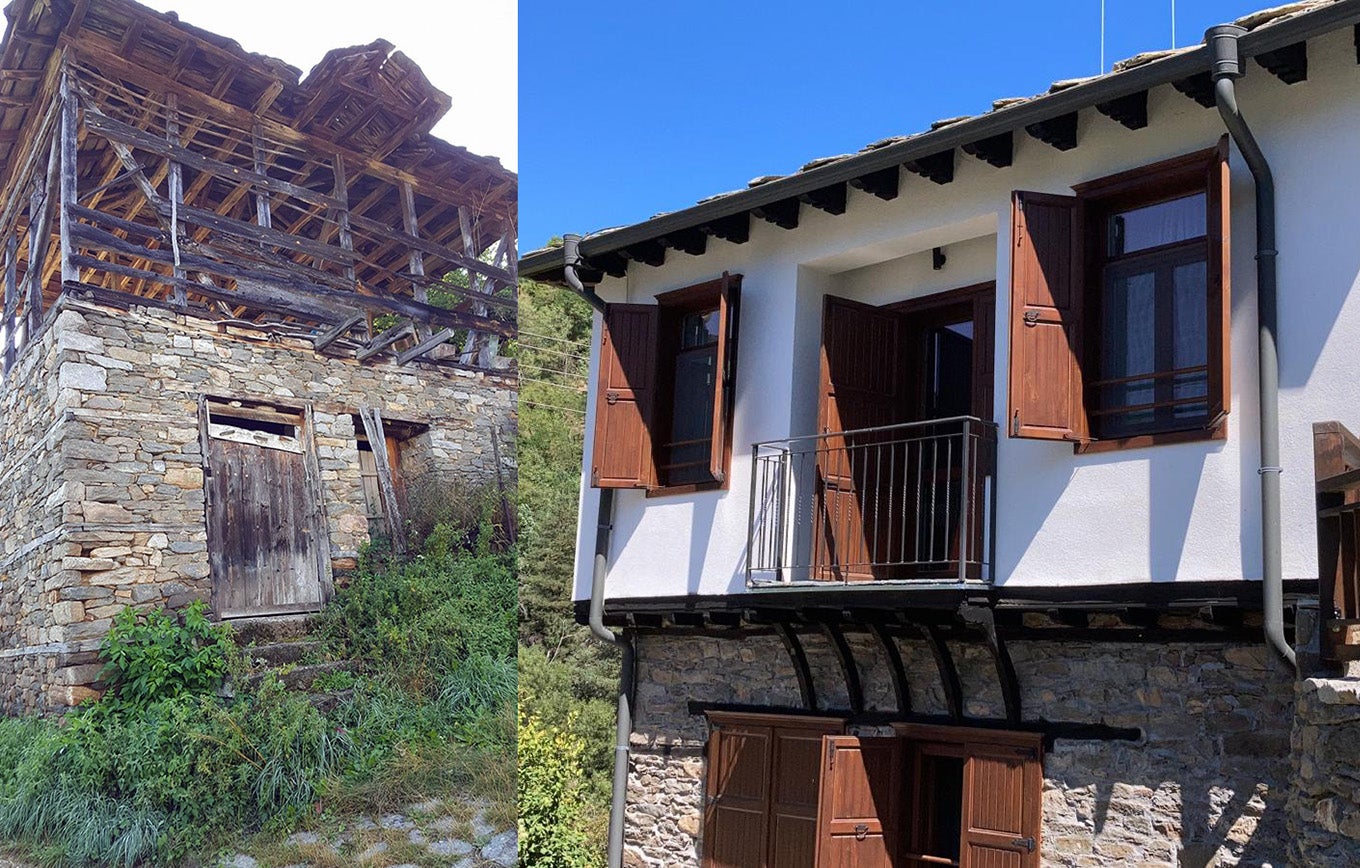
Gabriela Radeva’s parents are among those contemplating a move to the countryside. They have already bought a house in the village of Belashtitsa, to which they intend to retire and where her father already spends most of his time. But the village, while still green and pleasant, is not quite as rural as it once was, thanks to its close proximity to Plovdiv.
“There are constantly new houses just popping out of nowhere in that village,” she says. “People love the idea of living near the city, but not in it, because the air is less polluted.”
Still, Radeva’s parents have no intention of going back to the tiny town of Simeonovgrad where her grandparents live. An hour and half’s drive from Plovdiv, Simeonovgrad is a dying place, she says, full of elderly people and with few good jobs. “No one is building there; everything is going down, everything,” Radeva says. The plight of such towns is clear from the number of cars in Plovdiv with license plates from their depressed, depopulating regions.
Generational divide
Even Belashtitsa holds no appeal for Radeva at age 22. “When you are young, you can actually do stuff and you need energy around you,” she says.
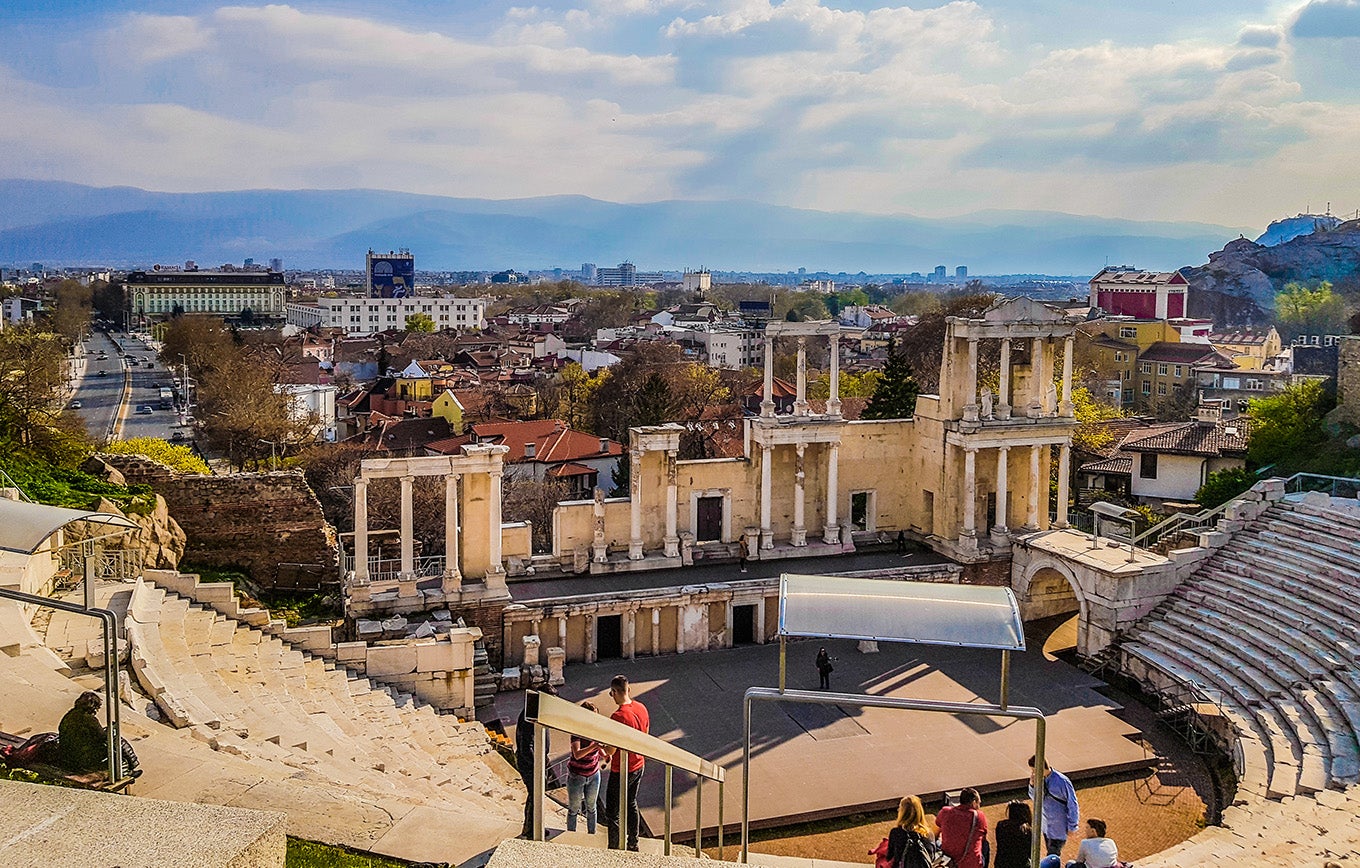
A native of Plovdiv, Radeva travelled to the UK to study, and planned to stay abroad after graduating with a degree in international relations. But when the pandemic hit, her university emptied out and the campus supermarket where she had been working shut its doors. By that time Radeva was already back in Plovdiv with her parents, after having decided it was better to be safe than sorry.
If she had stayed in the UK, Radeva figures she “would probably be bringing people coffee now,” even if there had been no pandemic. Instead, she is using her language skills in a job with the business development department of Plovdiv municipality, where she says she is learning a lot about other cultures, meeting lots of people and making useful connections.
Plovdiv is booming as foreign and Bulgarian companies have set up shop around the city, and Radeva says “literally everything” she might want to do is no more than a 20-minute walk away. Though she would like to go abroad again someday, for now Radeva is happy to be back in Bulgaria, and she says many other young people her age are too.
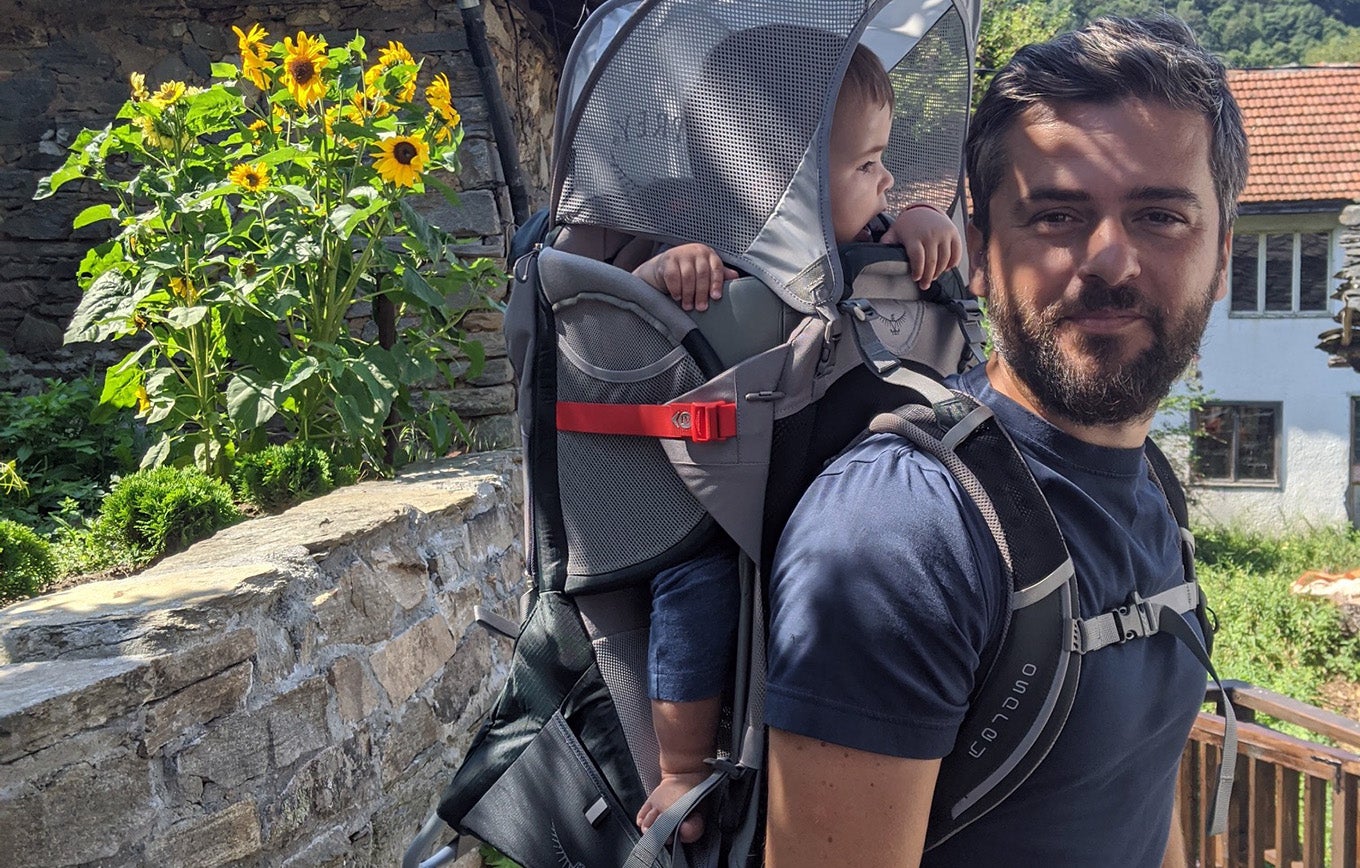
Today there are more jobs, paying more competitive wages, for professionals in Bulgaria than ever before. Many of these positions simply did not exist when people like Savov, Zhelezov and Boyadzhiev left the country, as new employers both foreign and domestic have begun operating in Bulgaria since it joined the EU in 2007.
But Savov says it is taking time for the message to spread in the diaspora that there is a huge demand for labour in Bulgaria, especially in more specialized sectors. Many people who left a decade or more ago think the country is still as it was before, he says, calling it a shame that the government’s outreach to these people has not been more substantial and proactive. Savov believes many more Bulgarians would return if they knew that their skills were both in short supply and far better paid than before.
Money isn’t the only draw, however. For Savov, life back home with friends, and especially family, without the stress of a big city like London, is just “incomparably richer.”

